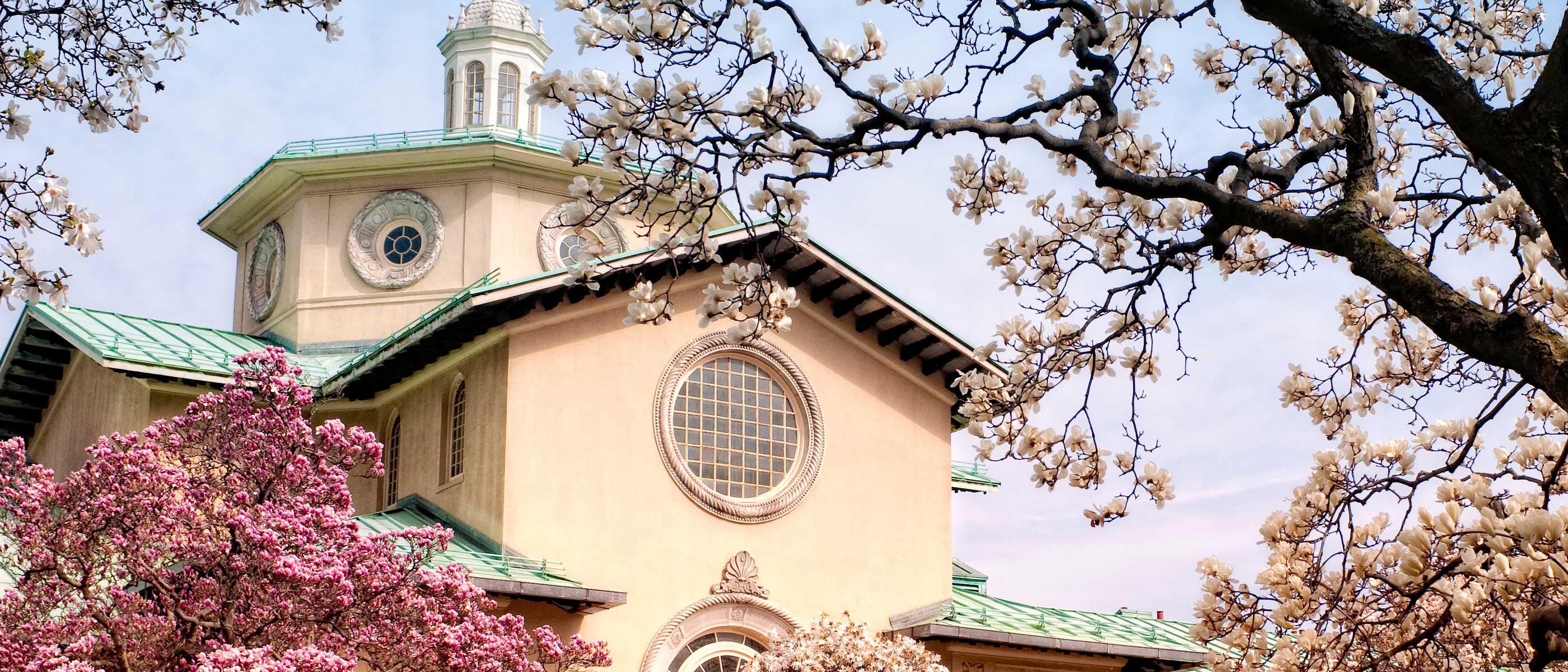School Gardens: Plan(t) for Succession and Success
So your new school garden is beautiful. Students nurture and nibble kale, carrots, tomatoes, and garlic. Science classes observe and calculate plant growth. Young poets write odes to flowers. You have albums of gorgeous photos. The principal is 100 percent committed. Then, the dynamo volunteer—parent or teacher—leaves the school or changes priorities due to tighter schedules or revamped curriculum. The “uh-oh” moment hits hard: What will happen to our garden?
Amid all the buzz about school gardening, planning for longevity tends to get short shrift. Just running it day to day is hard enough! But if you don’t want your hard-earned garden program falling fallow, take the long view:
What long-term relationships can we cultivate?
Diversity builds resilience. The dedication of teachers, administrators, custodians, parent volunteers, and others can be tapped to make a school garden a permanent fixture. Work to build a diverse garden committee that meets regularly. Periodically ask yourselves: Who is missing from the conversation? Primary responsibilities may inevitably fall to one or two key folks, but keep the need for continual leadership development—succession—in the forefront of your planning.
What resources are rooted in place?
Remember the three Ms: money, materials, and management. Although school gardens typically need fewer resources over time, outline your strategies for fundraising, donation solicitation, planting, maintenance, and harvesting tasks. Create a clear reference calendar and package it and other garden records in a central place. Ideally, have a reserve of at least one year’s worth of resources on hand to help cushion any sudden transitions.
What other key actions can foster our garden’s continuity?
Consider creating a five-year plan with goals and action steps. One important goal could be to install a school garden coordinator. Even a very part-time consultant can consistently collaborate with teachers and garden committee and keep things running smoothly. Hire someone, partner with a dedicated garden volunteer, or apply for an Americorps member.
A school garden is not a pet project—it’s an educational asset! Being aware of the potential pitfalls can motivate your school community to strategize to make your garden a true perennial.


